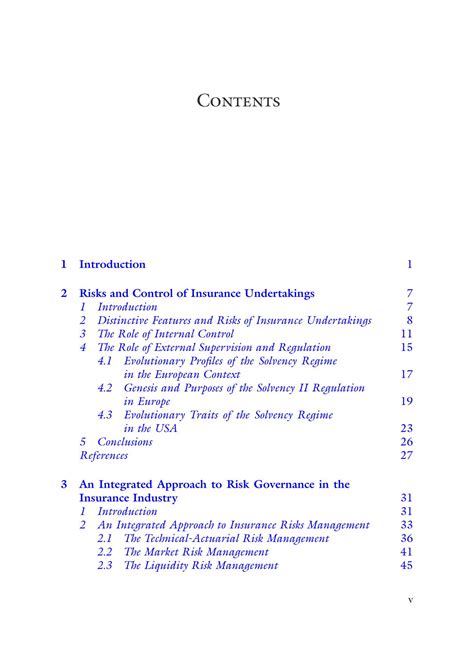A claim is a formal request made by the policyholder to the insurance company for coverage or compensation for a loss or damage covered by the policy. The insurance company evaluates the claim and, if approved, provides the appropriate payment or coverage.
```
```html
Understanding these insurance terms can help individuals and businesses make informed decisions when purchasing insurance coverage. It's essential to read and understand the terms and conditions of any insurance policy before signing to ensure that you have the coverage you need.
The policyholder is the person or entity that owns an insurance policy. They are responsible for paying the premiums and are entitled to the benefits outlined in the policy.
An actuary is a professional who uses statistical analysis to assess and manage risk for insurance companies. They help determine insurance premiums, reserves, and other financial aspects of insurance policies.
The premium is the amount of money an individual or business pays to an insurance company in exchange for insurance coverage. It is typically paid on a regular basis, such as monthly or annually.
Underwriting is the process by which insurance companies evaluate the risks posed by potential policyholders and determine the premiums they will charge. This process involves assessing factors such as the applicant's age, health, occupation, and past insurance history.

